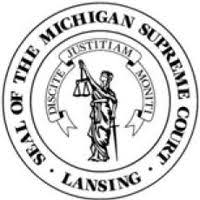 Michigan Courts and COVID-19
Michigan Courts and COVID-19
The Michigan Supreme Court issued Administrative Order 2020-6 encouraging the use of technology, use of video conferencing to keep state courts functioning throughout the COVID-19 outbreak. The Order supersedes certain local administrative orders attempting to respond to the Coronavirus outbreak on a courthouse-by-courthouse basis.
Administrative Order 2020-9 temporarily amends Court Rules to require service of process by electronic means to the fullest extent possible, and explicitly allows subpoenas to require attendance by telephone or remote conferencing systems. AO 2020-2, AO 2020-6, and AO 2020-9 were extended on April 27, 2020 by Administrative Order 2020-12.
On May 26, 2020, the Michigan Supreme Court issued Administrative Order 2020-14 prescribes guidelines for a phased return to full capacity. These include continued use of remote hearings, limited access to courtrooms, and the imposition of social distancing practices and capacity constraints in courtrooms.
On June 26, 2020, the Michigan Supreme Court issued Administrative Order 2020-19. AO 2020-19 rescinds Administrative Order 2020-2 and refers back to Administrative Order 2020-14, which mandated a phased approach to return to full operations. AO 2020-19 also extends Administrative Order 2020-9.
The Michigan Supreme Court also released COVID-19 Return to Full Capacity Guidelines for Michigan’s Judiciary along with AO 2020-14. The Guidelines lay out four phases for courts to proceed through in their return to full operations.
The running catalog of Michigan Supreme Court Administrative Orders in the Covid-19 outbreak is available here.
Michigan Court Deadlines Resume
Under Administrative Order 2020-16 beginning Monday, June 8, 2020 the periods for all filings, jurisdictional and non-jurisdictional, in the Courts shall resume. For time periods that started before AO No. 2020-4 took effect, the filers shall have the same number of days to submit their filings on June 8, 2020, as they had when the tolling went into effect.
Eviction Proceedings and COVID-19
On September 1, 2020, the Centers for Disease Control and Prevention (CDC) issued an order halting residential evictions to help curb the spread of COVID-19. The order will be in effect through the end of 2020. The Michigan Supreme Court issued questions and answers on the CDC moratorium to provide guidance to Michigan courts. An Amendment of Administrative Order No. 2020-17 lays out new process for “Priority Treatment and New Procedure for Landlord/Tenant Cases”. SCAO Form: Verification Regarding CDC Eviction Moratorium (DC 511)
Financial and other assistance may be available for residents unable to pay rent because COVID-19 related financial instability. The Michigan State Housing and Development Authority (MSHDA) Eviction Diversion Program (EDP) is designed to keep Michigan residents who fell behind on their rent during COVID-19 in their homes. The program utilizes a special court process to get fast rental assistance for renters who have been impacted. Eligibility criteria and application forms are available on MSHDA’s website.
Federal Courts and COVID-19
Other COVID-19 Related Court Resources
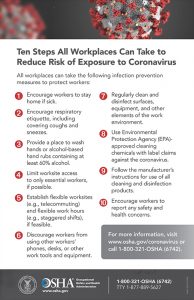
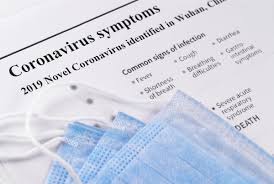
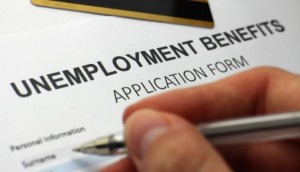 Since April 2020, the Michigan Unemployment Insurance Agency has been accepting applications for the broadest category of potential recipients under federal law
Since April 2020, the Michigan Unemployment Insurance Agency has been accepting applications for the broadest category of potential recipients under federal law 
 In the middle of the COVID-19 pandemic, Azanean Petty was
In the middle of the COVID-19 pandemic, Azanean Petty was 
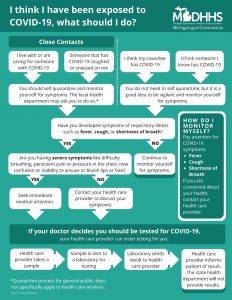
 Michigan Courts and COVID-19
Michigan Courts and COVID-19